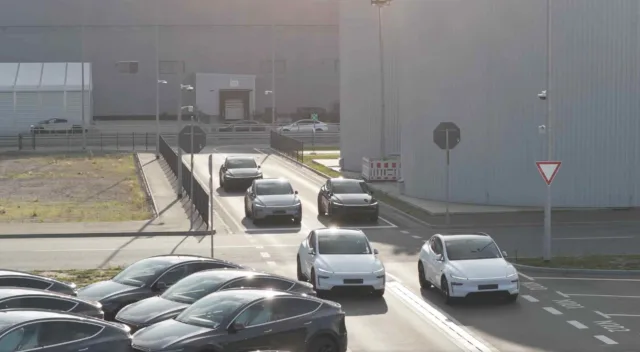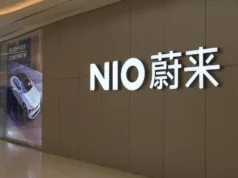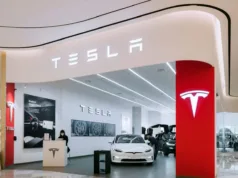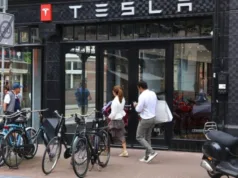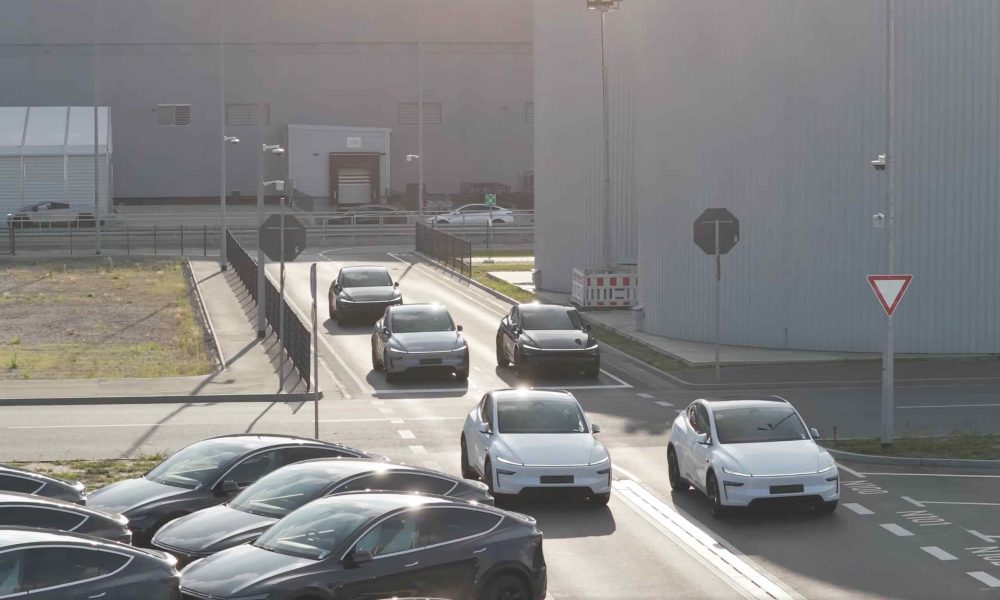
Tesla shattered Norway’s decade-old annual sales record this month, overtaking Volkswagen’s long-standing milestone with over one month still left in the year. Backed by surging demand ahead of Norway’s upcoming VAT changes, Tesla has already registered 26,666 vehicles year-to-date, surpassing Volkswagen’s 2016 record of 26,572 units.
With November alone delivering 4,260 new registrations month-to-date, Tesla has cemented its most dominant year ever in one of Europe’s most mature EV markets.
Model Y drives historic surge in Norway
Tesla’s impressive momentum has been led overwhelmingly by the Model Y, which accounted for 21,517 of Norway’s registrations this year, as noted in a CarUp report, citing data from Elbil Statistik. The Model 3 followed with 5,087 units, while the Model S and Model X contributed 30 and 19 vehicles, respectively. Even the parallel-imported Cybertruck made the charts with 13 registrations.
Demand intensified sharply through autumn as Norwegian buyers rushed to secure deliveries before the country’s VAT changes take effect in January. The new regulation is expected to add roughly NOK 50,000 to the price of a Model Y, prompting a wave of early purchases that helped lift Tesla beyond the previous all-time record well before year-end.
With December still ahead, Tesla is positioned to extend its historic lead further. Needless to say, it appears that Norway will prove to be one of Tesla’s strongest markets in Europe.
FSD could be a notable demand driver in 2026
What’s especially interesting about Tesla’s feat in Norway is that the company’s biggest selling point today, Full Self-Driving (Supervised), is not yet available there. Tesla, however, recently noted in a post on X that the Dutch regulator RDW has reportedly committed to issuing a Netherlands national approval for FSD (Supervised) in February 2026.
The RDW posted a response to Tesla’s post, clarifying the February 2026 target but stating that FSD’s approval is not assured yet. “The RDW has drawn up a schedule with Tesla in which Tesla is expected to be able to demonstrate that FSD Supervised meets the requirements in February 2026. RDW and Tesla know what efforts need to be made to make a decision on this in February. Whether the schedule will be met remains to be seen in the coming period,” the RDW wrote in a post on its official wesbite.
If FSD (Supervised) does get approved next year, Tesla’s vehicles could gain a notable advantage over competitors, as they would be the only vehicles on the market capable of driving themselves on both inner-city streets and highways with practically no driver input.


